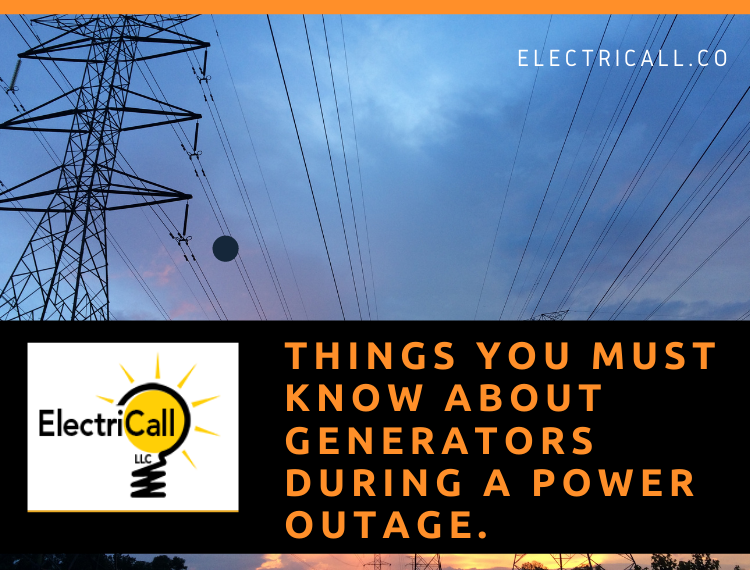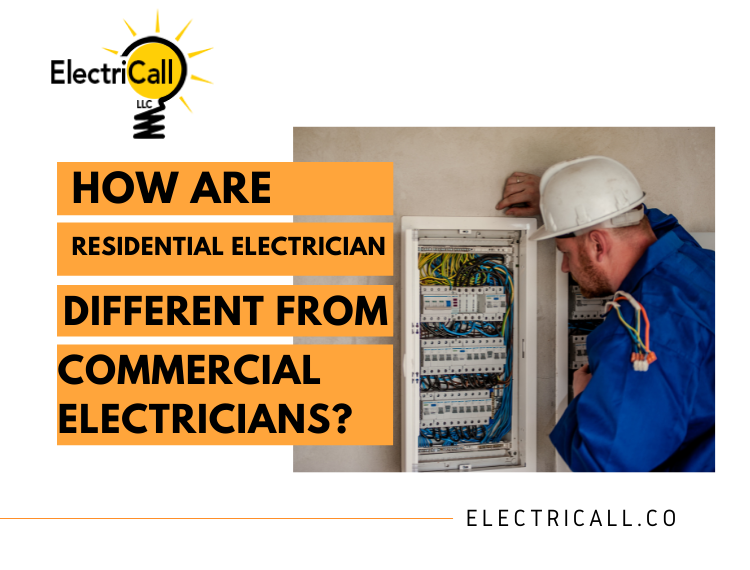
People across the world face power outages because of the winter storms that sweep the nation every year. Direct exposure to these reduced temperature levels is dangerous. Many people additionally died as a result of the incorrect use of generators, causing carbon monoxide poisoning. There are few things you must know about the proper use of generators so that they function properly.
The cold weather also generates risks of frozen and burst pipes. To prevent frozen pipes, pay attention to specific things that you must take into consideration. There are some ways by which you can aptly use the generator.
Generator Placement
- Always place the generator outside in an open, dry area. You must not have it placed in a closed area. Keep notice that the outlets of the generator must be GFCI protected.
- Your generator needs to be placed away from home windows, doors, as well as vents that can enable Carbon Monoxide ahead inside.
- It is likewise recommended to position the generator at the very least 20 feet far from the structures.
- If you wish to back feed the generator right into the home, get in touch with a licensed electrical contractor to do this correctly, as back feeding is very unsafe. The electrical contractor will certainly also first assess the scenario and will certainly go over having a transfer switch installed.
- Usage of properly rated extension cords for outdoor use is pretty important.
Incorrect means to make use of a generator you must stay clear of
- Prevent the back feeding of the electricity with the electric system till you have the right transfer button configuration.Though it will feed power to the house and the transformer, it could put the lives of neighbours and linemen in danger. Even your appliances could get damaged because of this.
- Never ever put a generator near an a/c window device, as it will suck the carbon monoxide gas right into the unit and then inside your residence.
- Do not put your generator in closed places such as a garage.
- Install carbon monoxide detectors in your home.
Things to remember before purchasing a generator for your home
A standby generator comes permanently installed with an automatic transfer switch. When there is a drop in power or even complete loss of power, it will turn on its own. Generators run on natural gases, propane, or diesel fuel. The energy required to run the house ranges between 20kW-100kW depending on the size of the house. To check the load, you need an electrician who will tell you what size you need.
How to properly use generators during a power outage?
To properly use a generator for a power outage, you must take care of few things such as:
Use Caution while using backup power generators
- When facing long-term power outages, some residents rely on portable generators for emergency power. But only if installed and operated correctly, usage of standby or battery powered generators poses less danger. Otherwise, improper installation or use can be hazardous and even deadly.
- Correct usage of generators is quite essential because it poses many threats if installed incorrectly.
- Whatever the situation is, never run a portable generator indoors.
- If you or your family member starts feeling dizziness, sick, or weak while using the – generator, rush towards the fresh air immediately. To get aware of the CO entering your home, install CO alarms in your home that are battery operated or have battery backup. Do remember to test the batteries frequently and replace them when needed.
- If you are looking to connect to the generators, protect your appliances by turning off or unplugging them before you turn on the generator. Once the generator starts running, it is suggested to turn on your appliances one at a time to stay clear of overwhelming the unit.
- The usage of proper and secure extension cords is also necessary. Consult your electrician if you face a problem selecting the most relevant ones. Use only safety-compliant electrical cords that are designed to withstand heavier and outdoor use to connect appliances.
- It is advised never to try to power your house by plugging the generator in a wall outlet. It can lead to the electrocution of the utility workers or neighbours being served with the same utility transformer.
The only way which is considered safe to connect the generator to house wiring is to have a professional electrician install a power transfer switch.
Verdict
Many times we face a scenario where our utility grid goes down. At this time, we seek backup power that can keep our work running. If you are considering a backup source of power, installing a gZenerator is the only option. Contact ElectriCall today for the electrical generator installation service. They are a team of certified electrical professionals who will help you install the generator by installing a power transfer switch. Also if you are looking for the best home portable generators our electricians will guide you through them.
